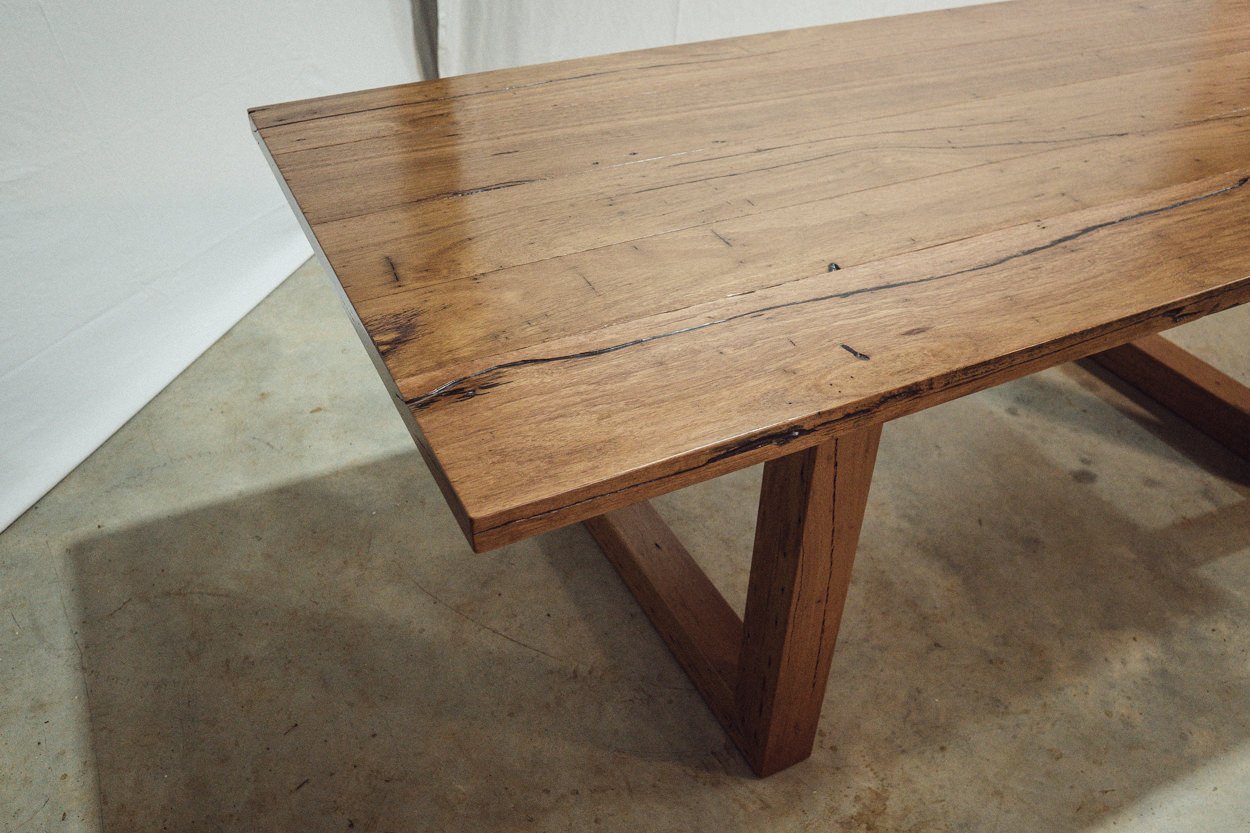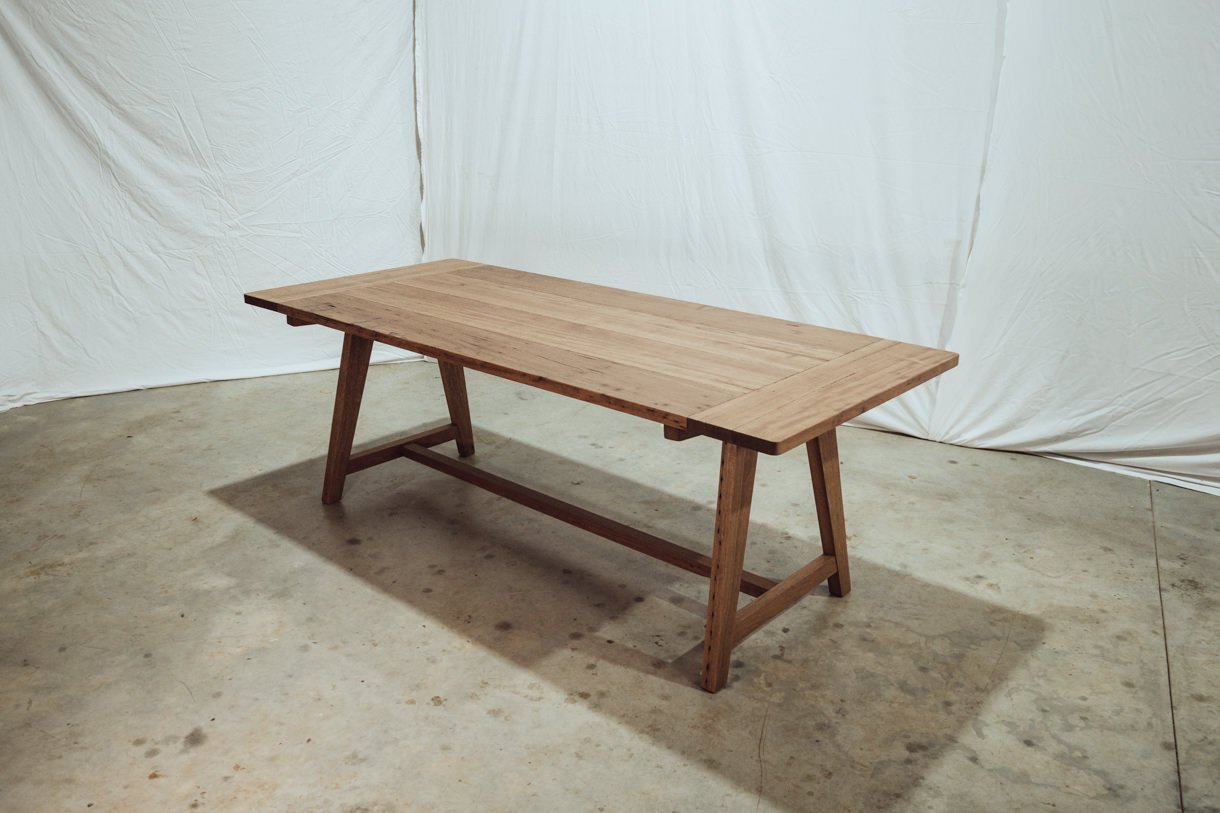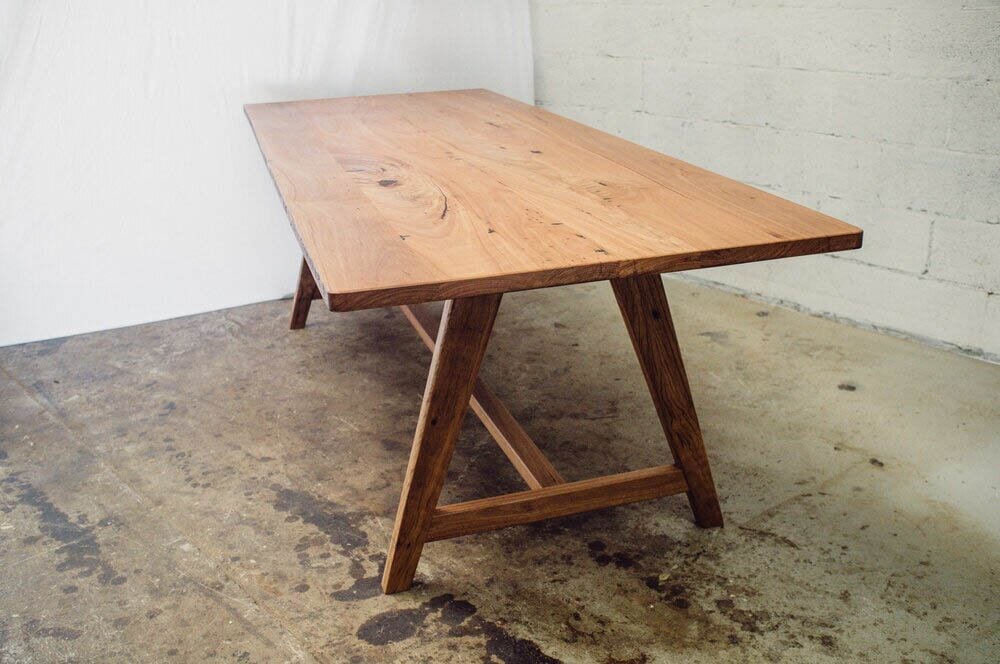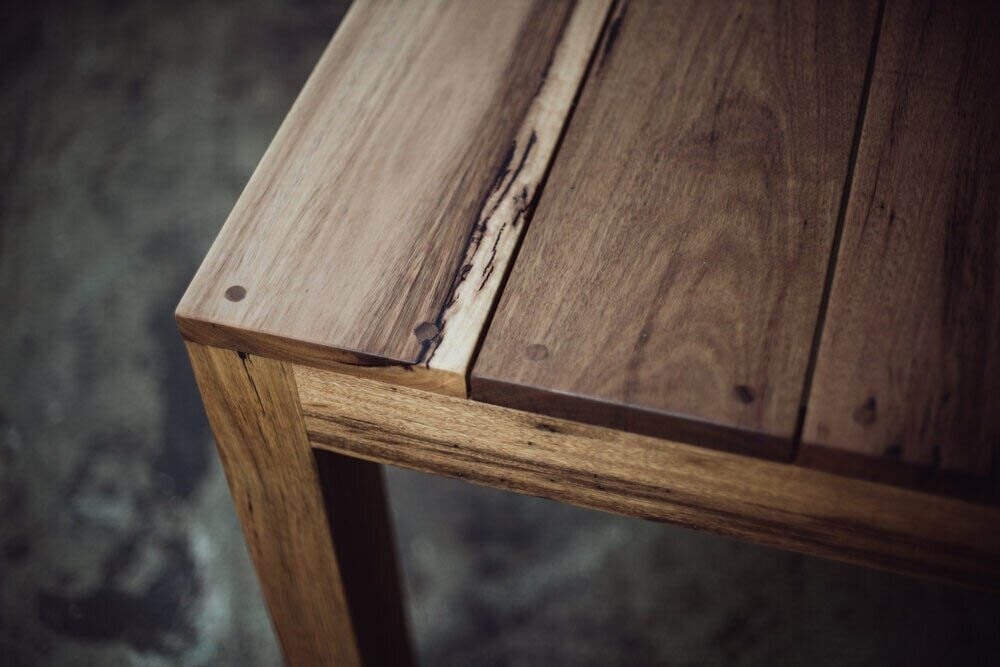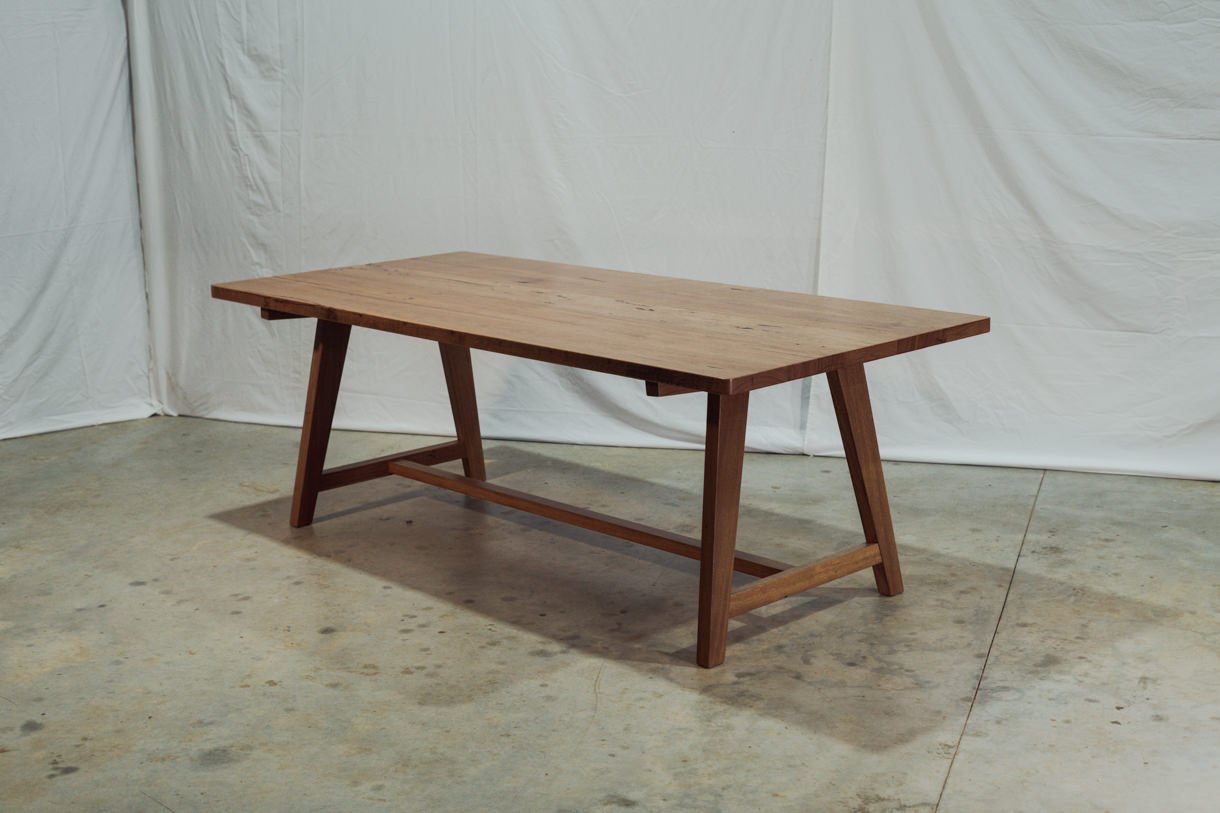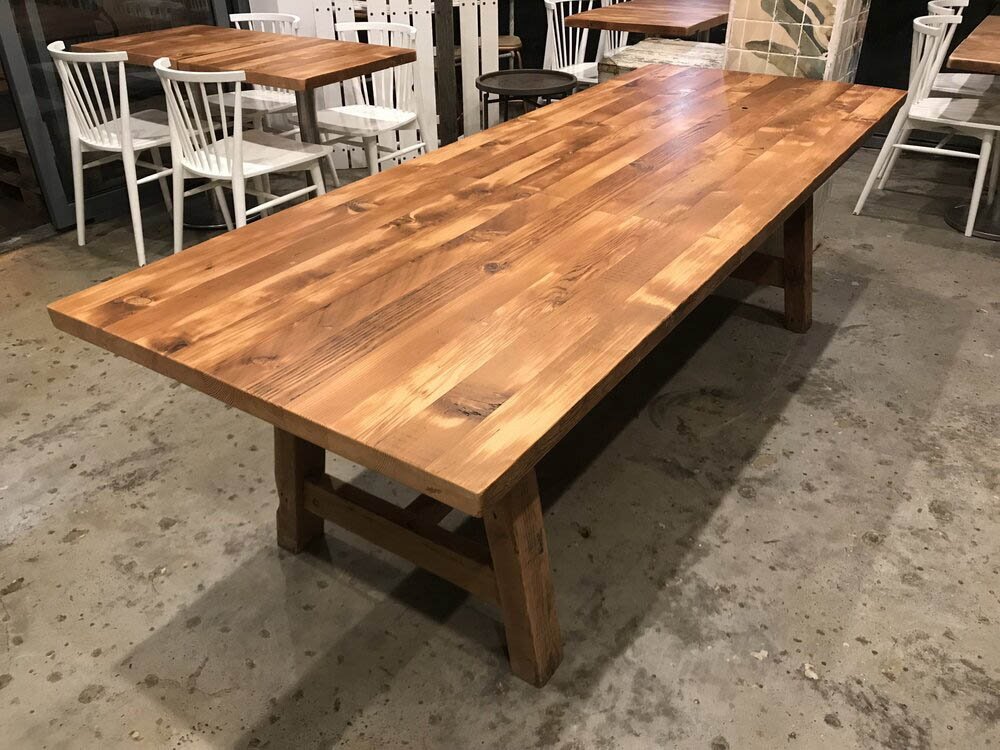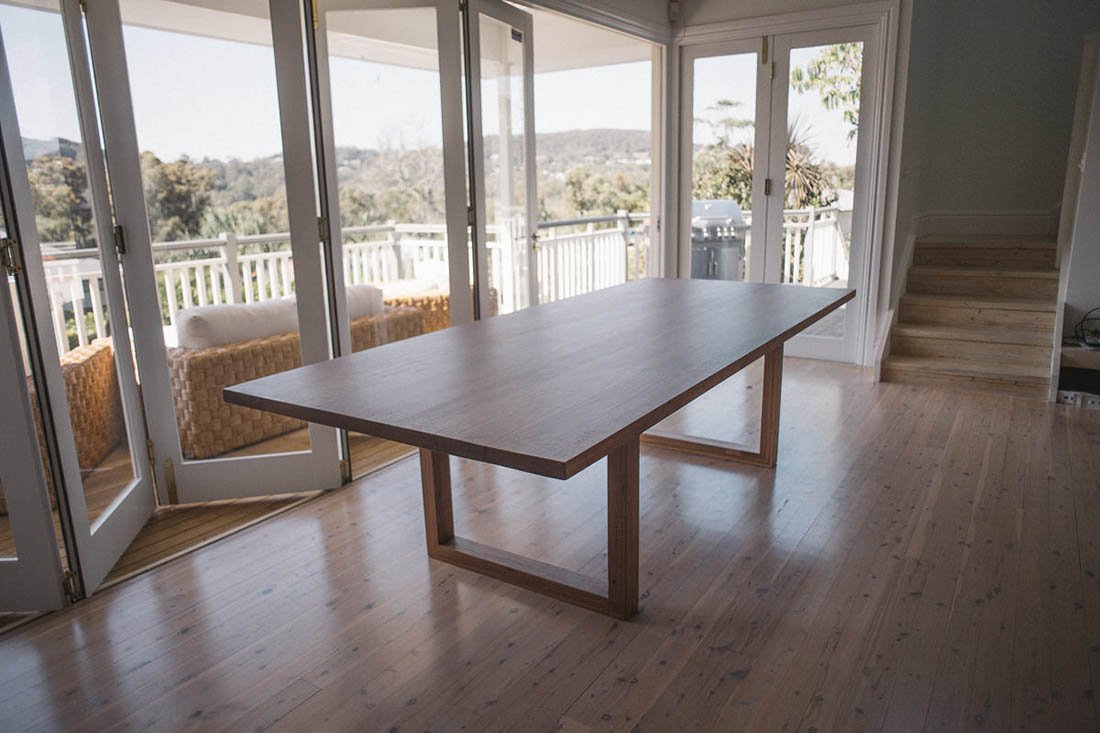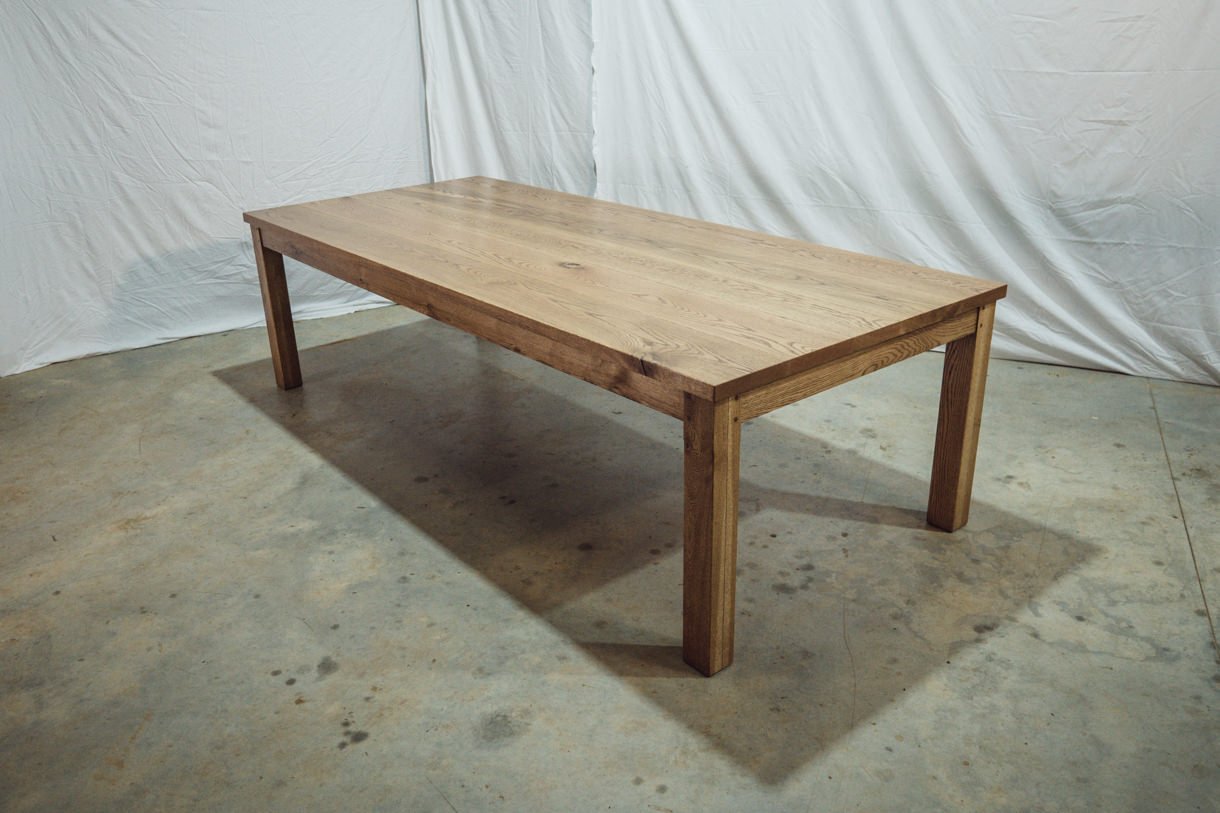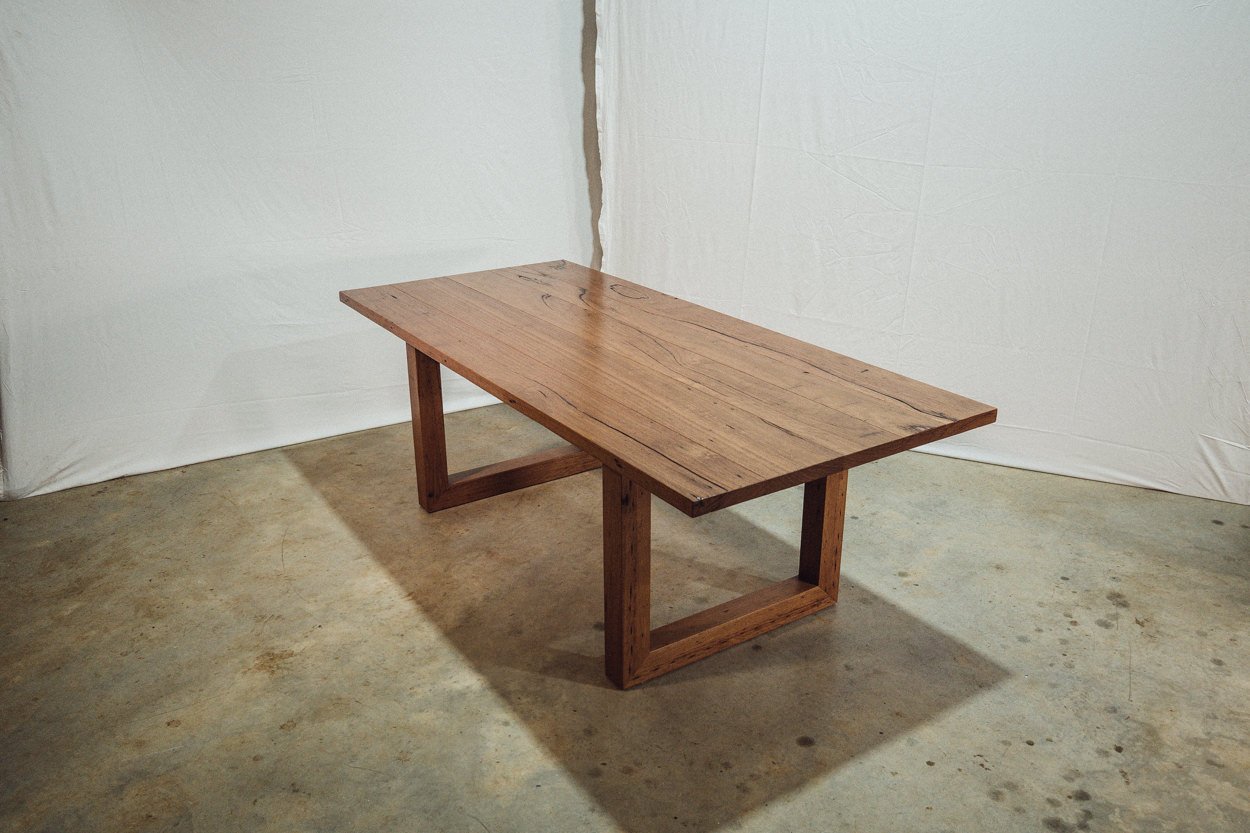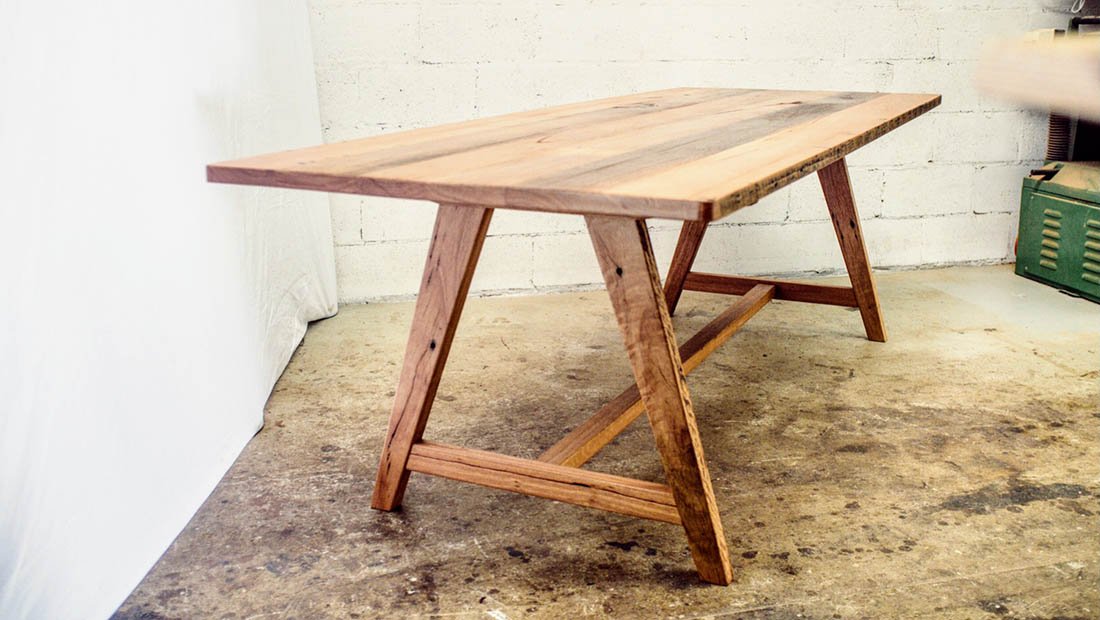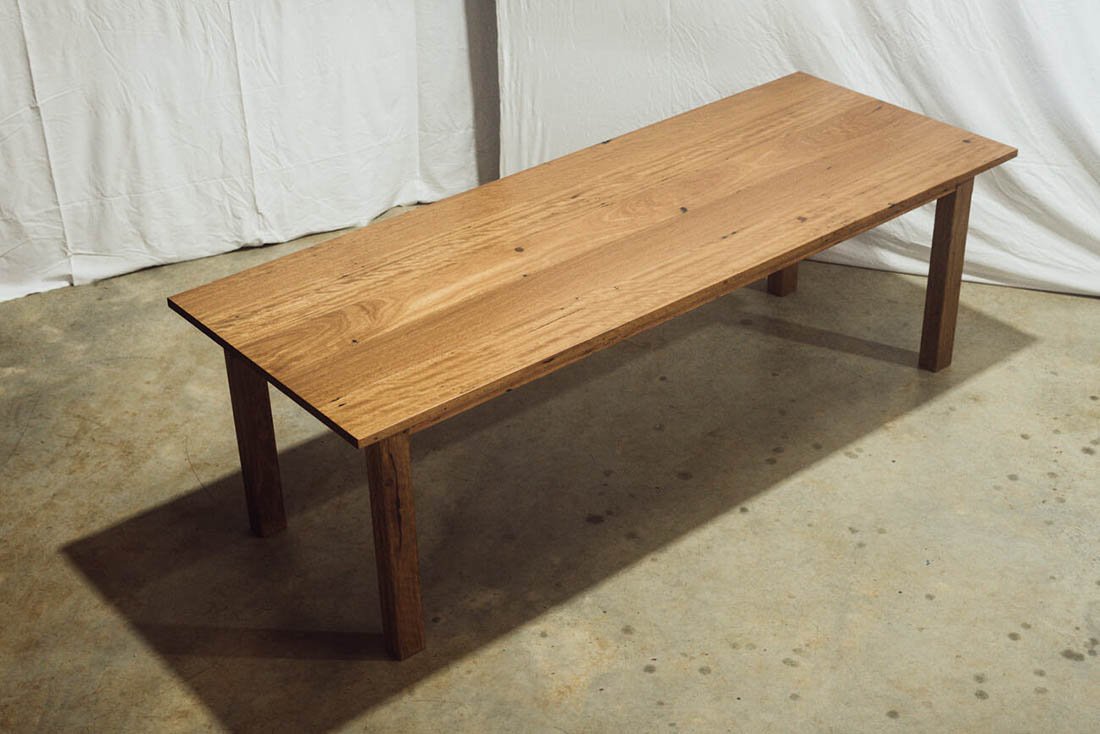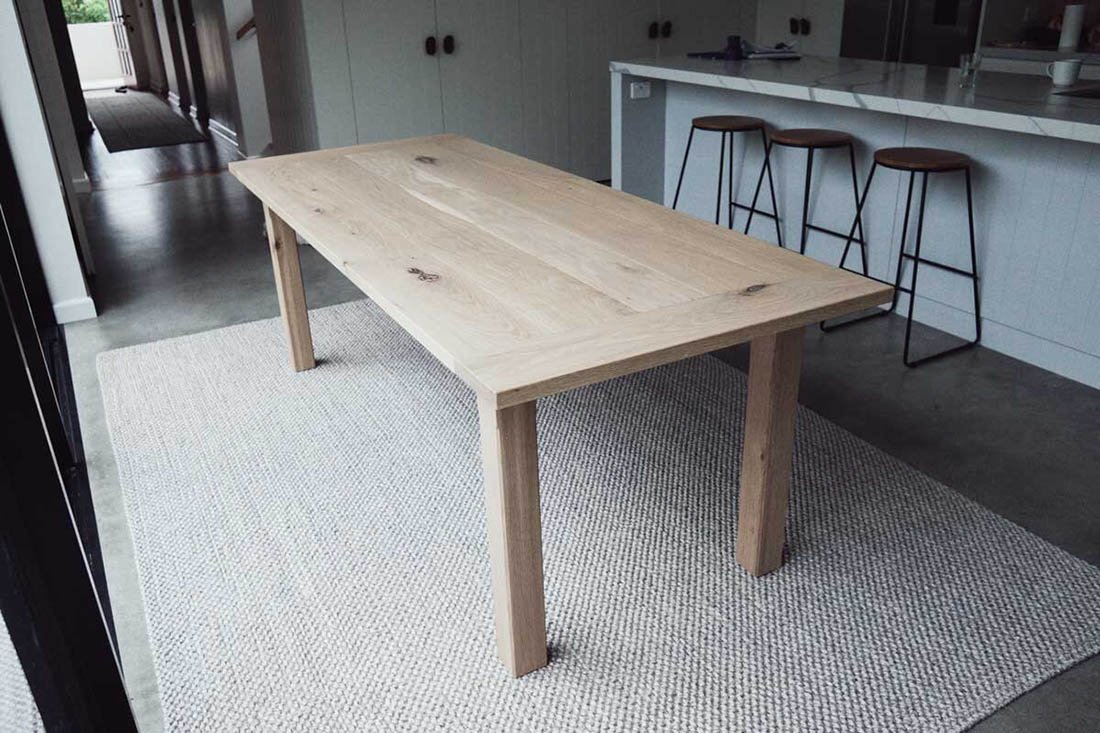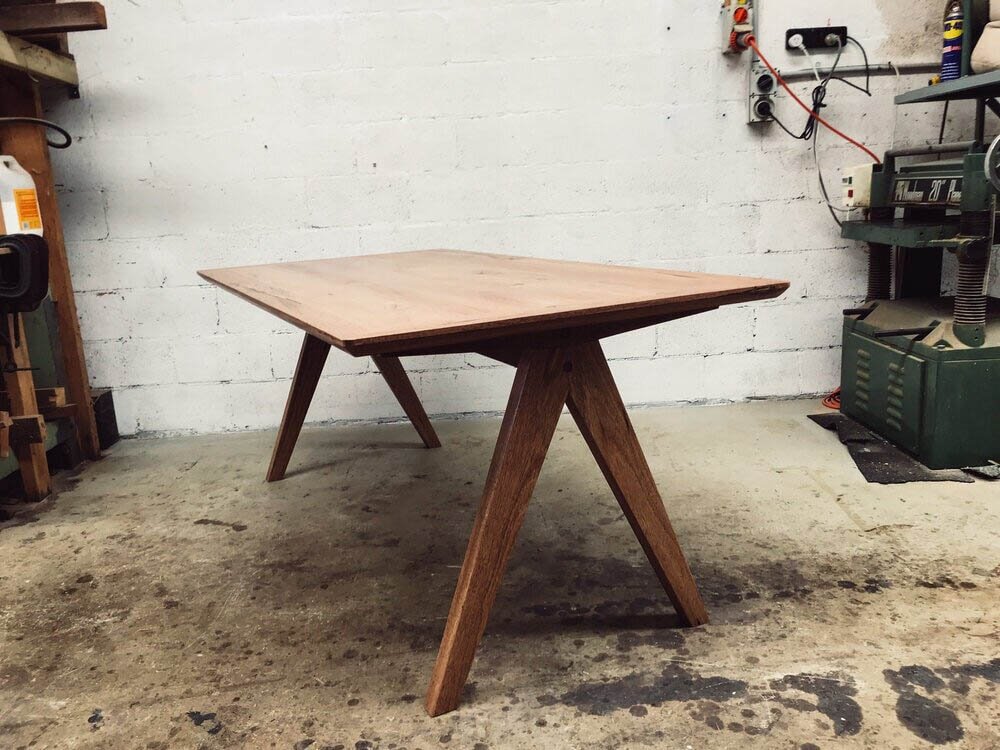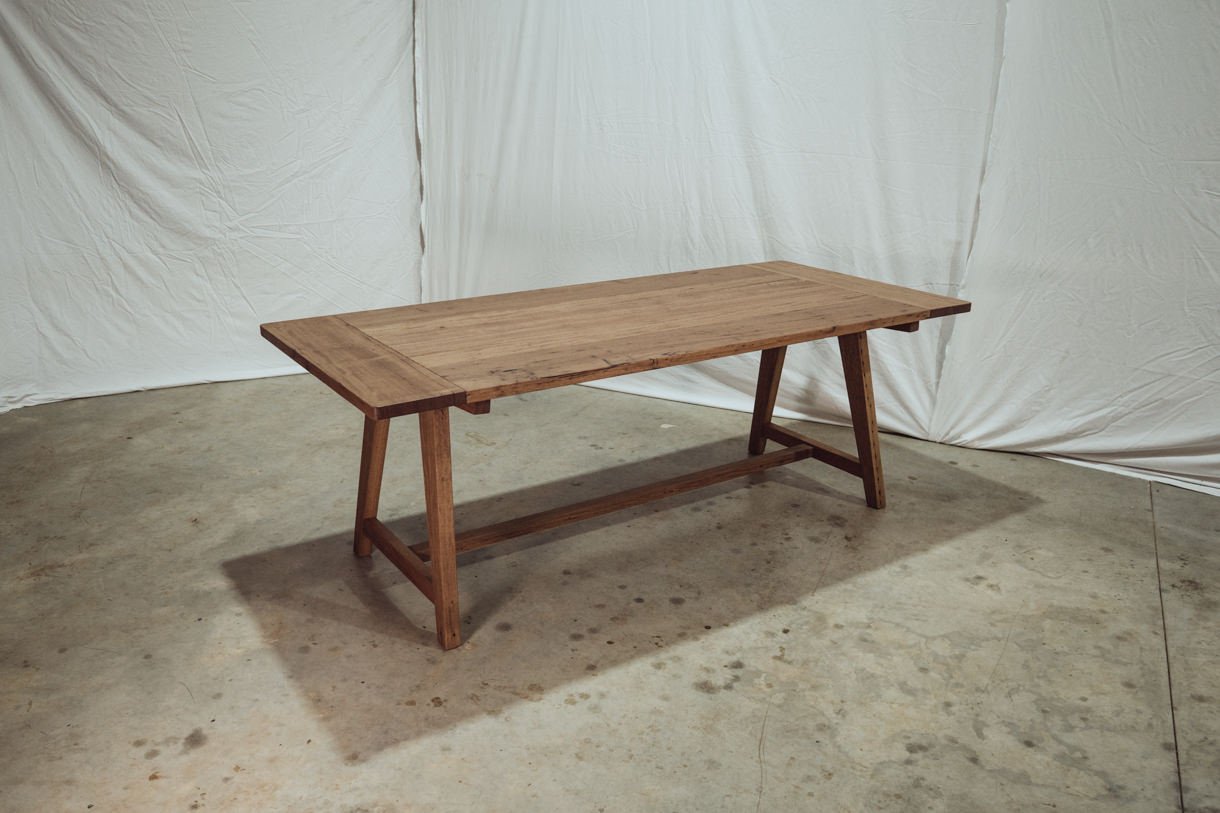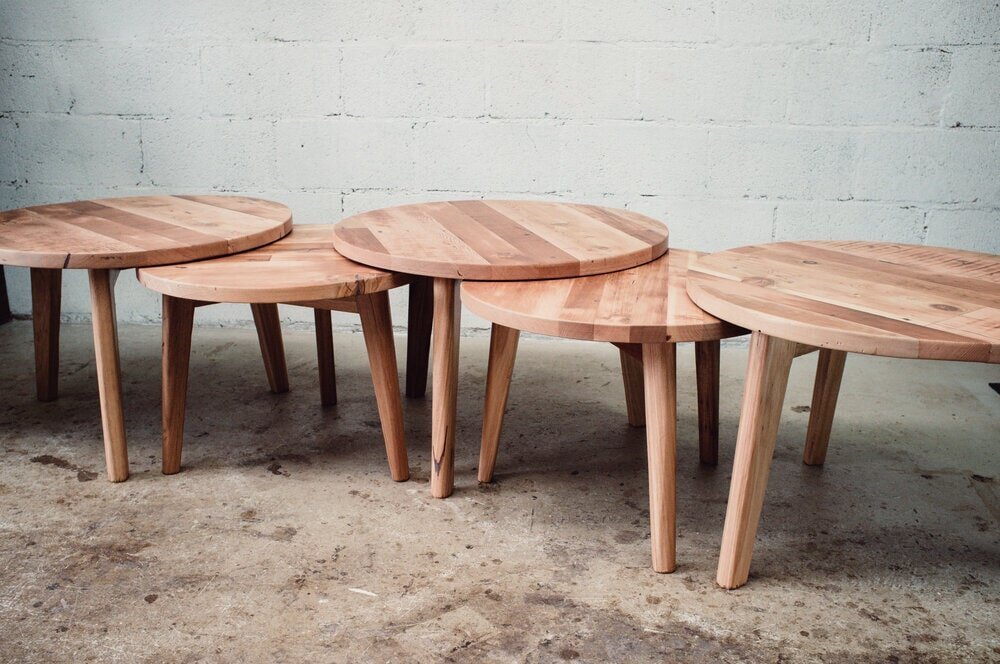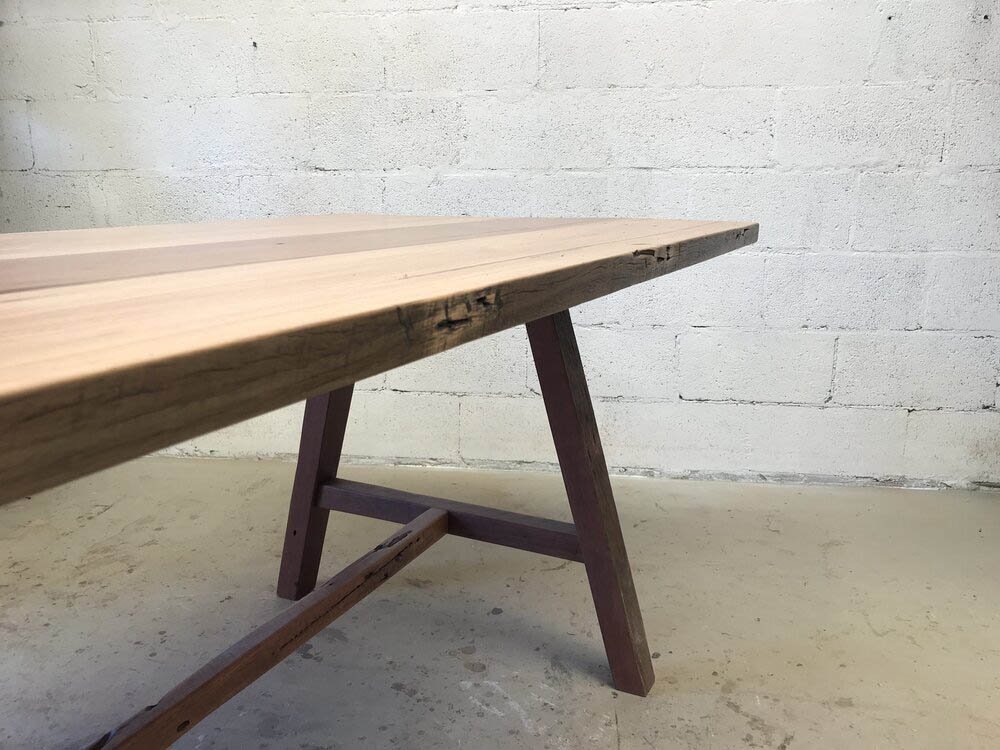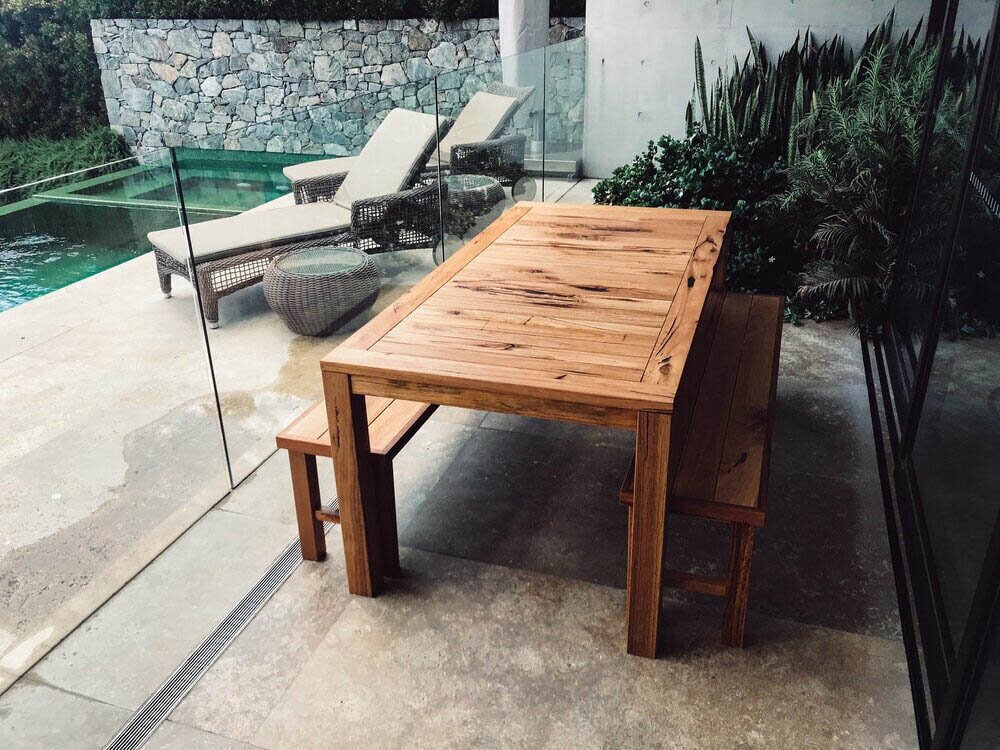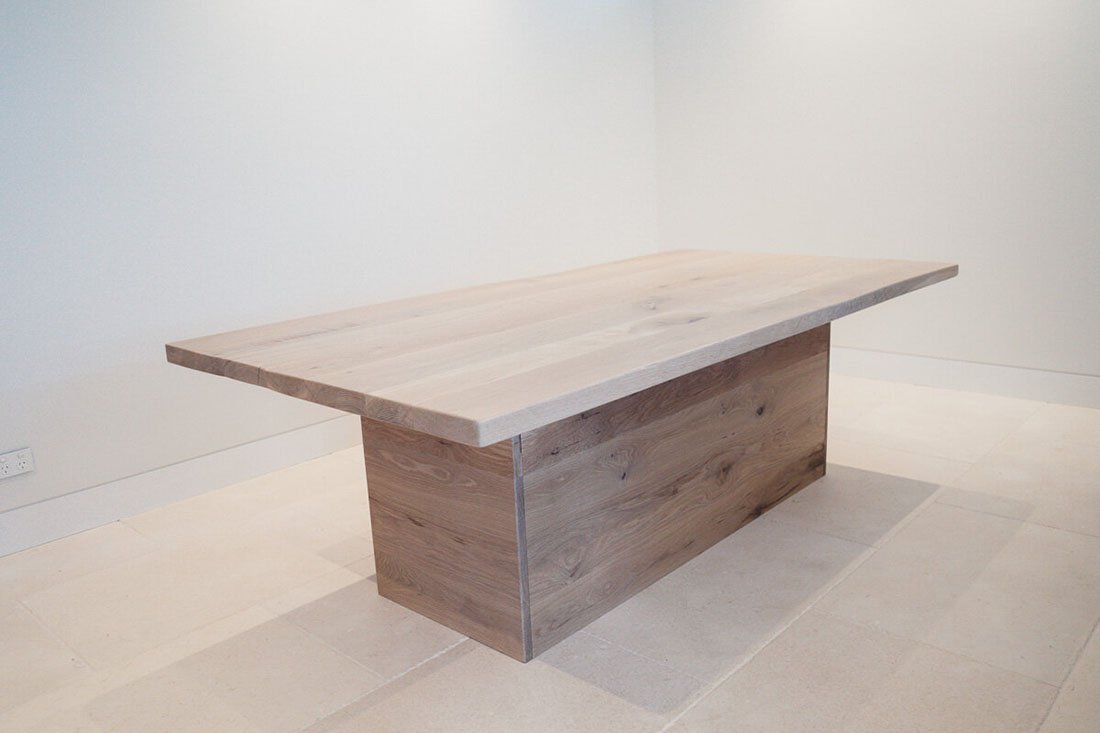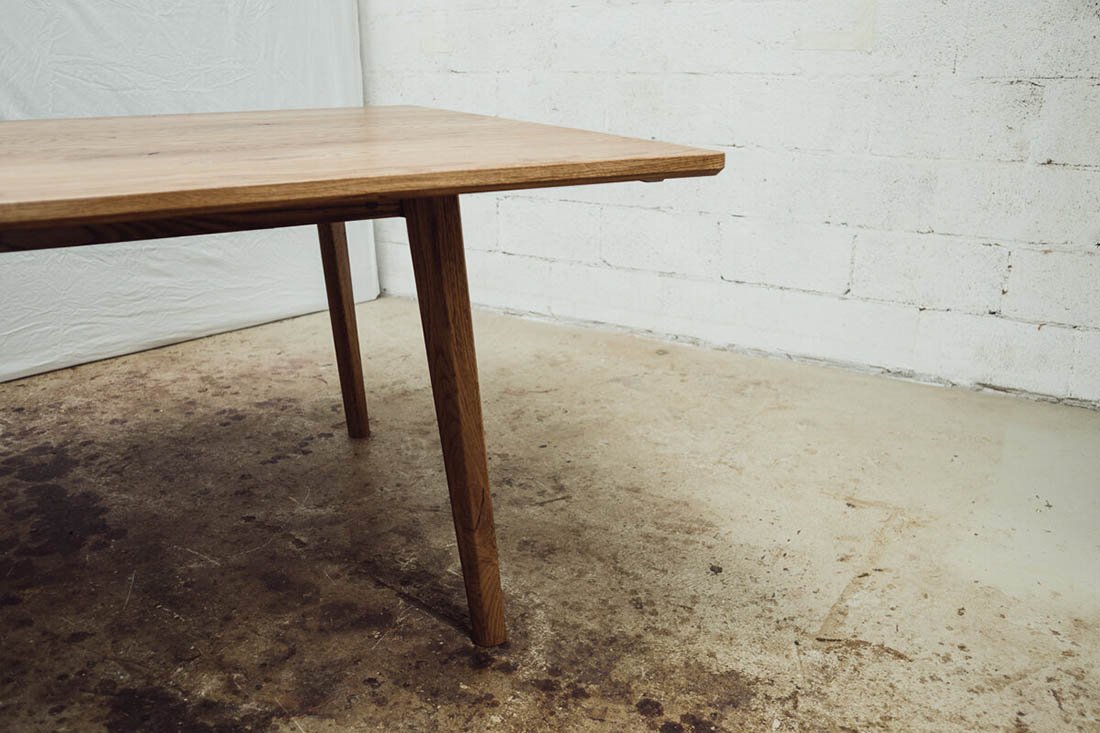Why We Prefer To Use Reclaimed Wood In Our Solid Timber Dining Tables
Outline of the Article:
Introduction: Importance of Sustainable Materials in Furniture
The Environmental Impact of Virgin Materials: Land, Water, and Air
Growready's Commitment to Sustainability: Using Renewable and Recycled Raw Materials
Reclaimed Wood: A Sustainable Choice for Solid Timber Dining Tables
The Process of Diverting Timber from Landfills and Recycling for Furniture
Benefits of Using Reclaimed Wood: Aesthetics, Durability, and Environmental Conservation
Growready's Approach to Craftsmanship: Creating Beautifully Aged Hardwood Furniture
Conclusion: Embracing Sustainable Practices in Furniture Manufacturing
FAQs: Common Questions About Reclaimed Wood and Environmental Impact
Everything we make has an impact on the planet. We’re letting go of virgin materials. Extracting and processing virgin materials takes a toll on land, water, and air. To do our part, Growready uses only renewable and recycled raw materials. When a building is scheduled for demolition, we divert the timber from landfills at the end of its life and recycle this beautifully aged hardwood back into furniture for the home
Introduction: Importance of Sustainable Materials in Furniture
In today's environmentally conscious world, the choices we make as consumers have a significant impact on the planet. This awareness has led to a growing demand for sustainable products, including furniture. As a response to this need, companies like Growready have embraced sustainable practices, particularly in the use of materials. This article explores the reasons behind Growready's preference for reclaimed wood in their solid timber dining tables and the positive environmental impact of this choice.
The Environmental Impact of Virgin Materials: Land, Water, and Air
The extraction and processing of virgin materials have far-reaching consequences. Landscapes are altered, water sources are contaminated, and the air quality is compromised. The toll on the environment due to these practices is substantial. Recognizing this, Growready has made a conscious decision to shift away from virgin materials in their furniture production.
Growready's Commitment to Sustainability: Using Renewable and Recycled Raw Materials
Growready stands firm in its commitment to sustainability. By utilizing renewable and recycled raw materials, the company reduces its ecological footprint. This approach not only minimizes the demand for new resources but also promotes the efficient use of existing ones. By choosing recycled materials, Growready actively contributes to the conservation of natural resources.
Reclaimed Wood: A Sustainable Choice for Solid Timber Dining Tables
Reclaimed wood is at the heart of Growready's sustainable practices. This type of wood, sourced from buildings scheduled for demolition, holds immense potential. Instead of ending up in landfills, this beautifully aged hardwood finds new life in the form of elegant and durable furniture. Choosing reclaimed wood promotes the concept of a circular economy, where materials are continuously recycled and repurposed.
The Process of Diverting Timber from Landfills and Recycling for Furniture
Growready's process of diverting timber from landfills is a meticulous one. Salvaging wood from buildings on the brink of destruction, the company ensures that this valuable resource is given a second chance. The reclaimed wood goes through a careful recycling process, transforming it into high-quality furniture. This approach not only reduces waste but also embodies the essence of sustainability.
Benefits of Using Reclaimed Wood: Aesthetics, Durability, and Environmental Conservation
Beyond the environmental advantages, reclaimed wood offers numerous benefits. Its distinct appearance adds character and uniqueness to each piece of furniture. Additionally, reclaimed wood is known for its exceptional durability, making it a practical choice for dining tables. By opting for reclaimed wood, consumers contribute to environmental conservation while enjoying furniture that stands the test of time.
Growready's Approach to Craftsmanship: Creating Beautifully Aged Hardwood Furniture
Growready takes pride in its craftsmanship. Each piece of furniture created from reclaimed wood showcases the expertise of skilled artisans. The company's dedication to quality and sustainability results in dining tables that not only enhance interiors but also promote a greener planet. By investing in Growready's products, consumers become advocates for sustainable living.
Conclusion: Embracing Sustainable Practices in Furniture Manufacturing
In conclusion, the choice of materials in furniture manufacturing holds immense significance. Growready's preference for reclaimed wood signifies a dedication to environmental responsibility and sustainable living. By using renewable and recycled raw materials, the company sets an example for the industry and consumers alike. Embracing sustainable practices in furniture production is not just a trend; it is a fundamental step toward a greener, healthier planet.
FAQs: Common Questions About Reclaimed Wood and Environmental Impact
1. Why is reclaimed wood considered environmentally friendly?
Reclaimed wood is environmentally friendly because it repurposes existing materials, reducing the demand for new resources and minimizing waste.
2. Does using reclaimed wood compromise the quality of furniture?
Not at all. Reclaimed wood is renowned for its durability and strength. It undergoes rigorous processing to ensure it meets high-quality standards, making it an excellent choice for furniture.
3. Is reclaimed wood more expensive than new wood?
While the initial cost might vary, the long-term benefits of using reclaimed wood, both environmentally and aesthetically, make it a valuable investment.
4. Can reclaimed wood be customised to specific design requirements?
Absolutely. Skilled craftsmen can transform reclaimed wood into customised furniture pieces, accommodating various design preferences and styles.
5. How can consumers contribute to sustainable practices in furniture?
Consumers can support sustainable practices by choosing furniture made from reclaimed or recycled materials, encouraging eco-friendly production methods, and raising awareness about the importance of environmental conservation in the furniture industry.




